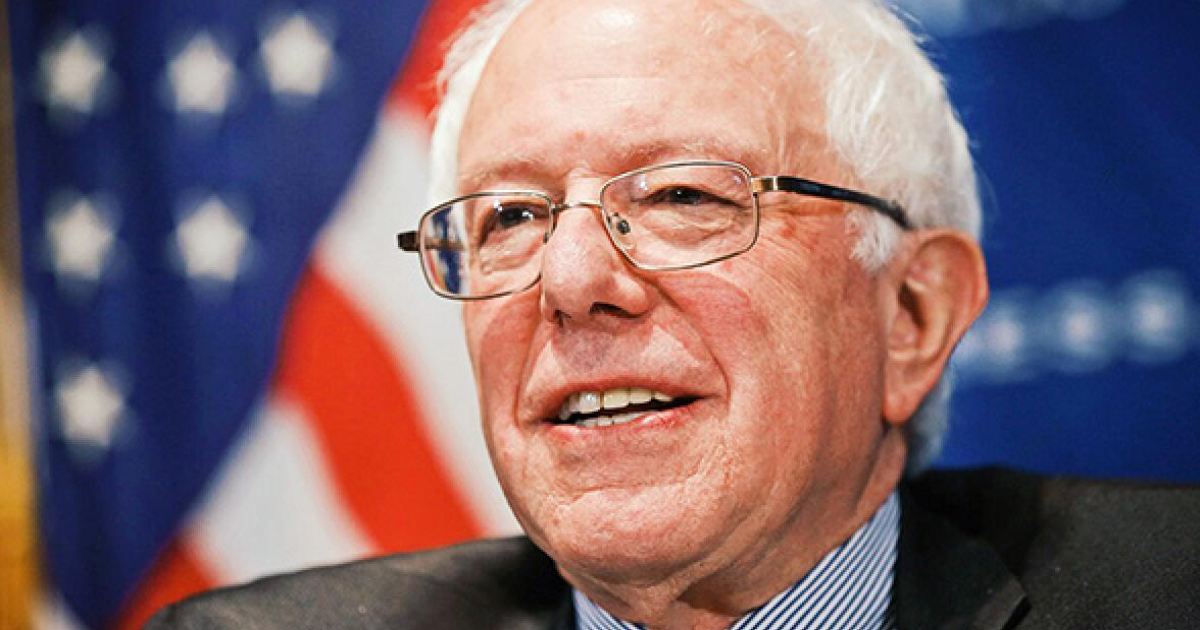Hart Research Associates conducted a study that found an overwhelming amount of the American population supported raising minimum wage. This finding comes as Congressional Democrats gear up for their 2014 attempt to raise the federal minimum wage to $10.10 per hour.
The study observed a sample of approximately 1,000 adults over the course of two days, and the results were quite surprising. A staggeringly high majority of Democrats, 92 percent, supported the raise. Even the majority of Republicans were in favor of raising minimum wage, at 62 percent, with Independents at a solid 80. Of course, the idea doesn’t come without disputants.
Former head of the Bureau of Labor Statistics, Keith Hall, doesn’t think that upping the federal minimum wage will make much difference. He thinks that it will give companies more incentive to cut hours and freeze hiring: “If you force employers to pay more than they want, they are less likely to hire teens and low-skilled folks and, instead, will cut workers hours and benefits.”
This assertion is a miss because corporations are profit-based. If they freeze hiring, that creates a short-staffed business. Should a business be so short-staffed, that creates a risk to invert the ratio of manpower to customer demand which would kill production. Another thing that Hall appears to overlook is that a raise in federal minimum wage could offset the immense amount of inflation suffered today, which is very possible considering it would increase buying power.
In 1968, the minimum wage was worth more than it is today, $10.55 per hour comparatively. The stagnation of minimum wage relative to economic inflation over the decades has actually turned the buying power upside down. And if buying power increased, consumer spending would increase, effectively increasing demand, and would require companies to maintain a steady and sizeable labor force.
These are but a few arguments that should be considered when Congressional Democrats start pressing for the raise come next year. President Obama wants to cap the next raise at $9 per hour, which even then would “increase household spending by about $48 billion.” Given the study by Hart, it should prove to be an easy road to pass the raise, with only a few bumps from House Republicans.
Joshua de Leon is a writer and researcher with Ring of Fire.


